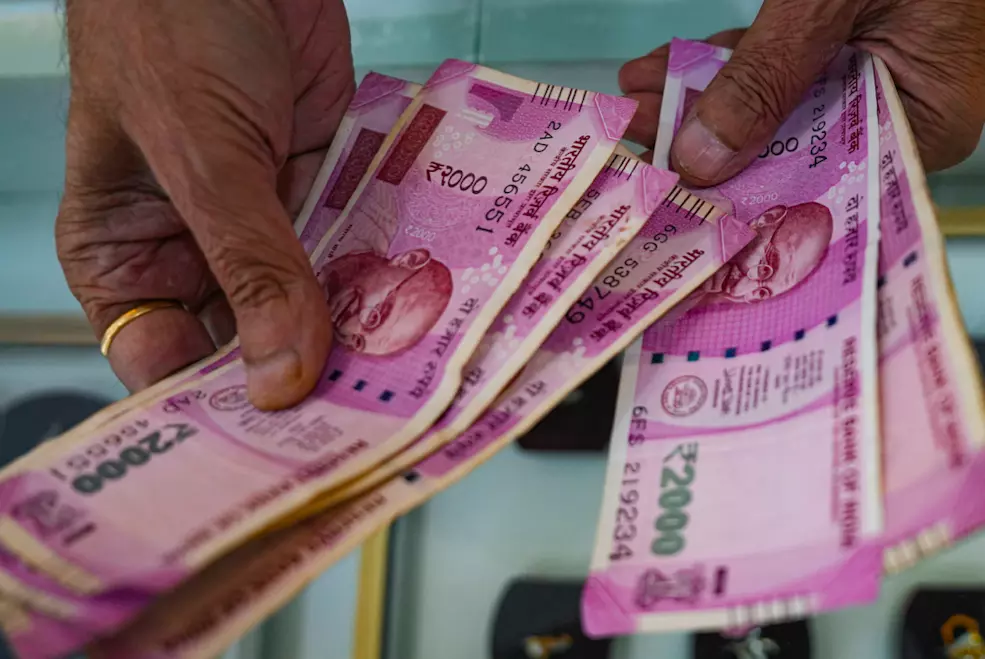Medical Teachers Demand UGC-Equivalent Pay Scales

Hyderabad: Medical teachers appointed by the Directorate of Medical Education (DME) in government medical colleges have demanded a raise in pay scales at par with those offered by University Grants Commission (UGC).
In a representation made to the health minister, the medical teachers have claimed that their pay scales are at par with those of the non-vocational staff, which does not allow them to take holidays and forces them to work round-the-clock. “The assistant professors, associate professors and professors are paid very low.”
“The term is ‘medical teachers’ but the work we do is far more than just teaching. Besides being teachers, we also treat patients, do night duties without holidays or leaves, conduct research, lead awareness campaigns in rural areas – all these responsibilities without any allowances,” said Dr Ravi Teja, Associate Professor, Radiology, Osmania Medical College.
As per a document shared by Dr Teja, the entry-level pay scale for an assistant professor in colleges like NIMS, AIIMS and SVIMS is between `1,01,500 and `1,67,400 (level 12, as per the Seventh Pay Revision Commission), whereas for the DME-appointed assistant professors, it is between Rs 68,900 and `2,05,500 (level 11, 7th PRC), similar to the pay scale offered to the non-medical and vocational teaching faculties.
“Apart from teaching, we also play a pivotal role in treating patients in government general hospitals, treating complex cases and doing research work by guiding postgraduate students in writing their thesis, etc. We also do a significant amount of work in drafting and implementing health programmes,” Dr Teja said.
They have demanded an increase in their salaries to the levels offered by UGC. “Currently, the salaries are very minimal, neither belonging to UGC scales nor state scales. With a huge increase in medical colleges, it is essential to make a few amendments,” Dr Teja added.
They have demanded that just like the police department, the health department has also been on duty 24/7, working round the clock. Hence, some allowances similar to the police department must be given to them by the government which includes: provident fund, health risk allowance, medical treatment allowance, city compensatory allowance, additional House Rent Allowance and travel allowances.
Dr Srinivas Gundagani, chairman of Telangana Medical Council, said that even super specialist doctors joining Osmania and Gandhi hospitals are not paid well. “Imagine a cardiologist who finished 10 years of study including in the subject of his speciality, joins at the pay grade of `80,000 whereas a NIMS doctor gets somewhere around one lakh. The cardiologist will get even more in the corporate sector. Due to this, the enthusiasm among young people coming to the profession is decreasing,” he said.

